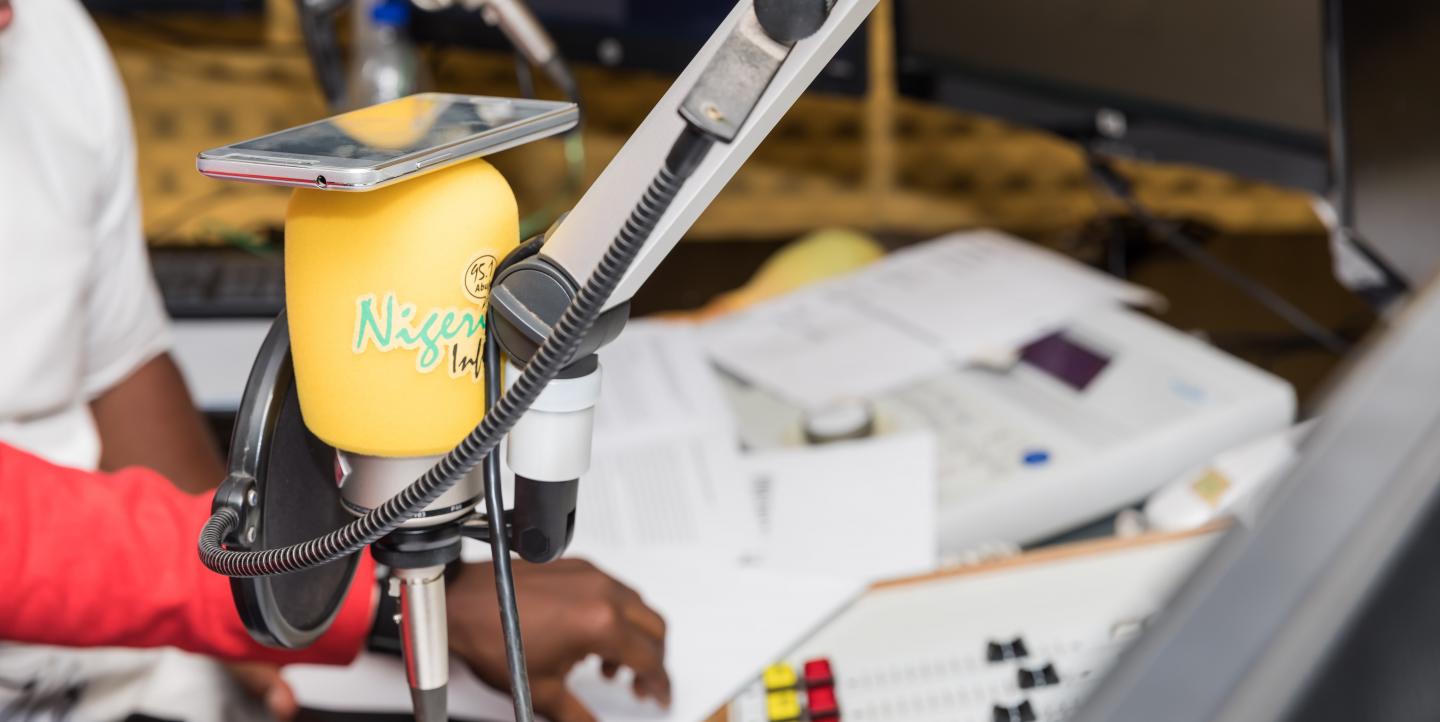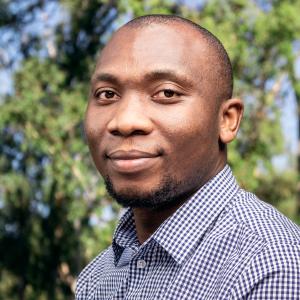In an age of growing misinformation, quality reporting — especially during elections — is more critical than ever. In Nigeria, blogs and online news sites, make it increasingly more challenging to separate fake news from real news. On Feb. 16, Nigerians will head to the polls to elect new leaders, and reporters will be in the field to file first hand reports and give live feeds.
Earlier this month, BBC organized a conference on mis/disinformation ahead of the Nigerian general elections. Media experts, editors and critics debated and offered solutions on how to rid the media space free of any false or misleading information.
As a field reporter, I have been covering elections at various levels — local, state and federal — for the past five years. I have also attended workshops, seminars and trainings on election coverage.
Below are some tips for reporters covering the forthcoming general elections in Nigeria, and other elections around the world.
Master the code of ethics
This is the most important tool a journalist or field reporter can posses when covering an election. A reporter’s failure to learn and comply with a standard code of ethics can lead to some pitfalls – sedition, defamation and copyright issues, among others.
“Ethics and professionalism require priority in reporting election in Nigeria. It is the road map for any journalist,” said Chinyere Okunna, Professor of Communications at Nnamdi Azikiwe University at a workshop on election reporting organized for Nigerian journalists by the International Press Council and the European Union.
“You cannot report the elections very well if you don’t know about the laws and codes guiding the electoral process,” added Jide Ojo, a political analyst.
Avoid “pool reporting”
Oftentimes, reporters depend on fellow reporters to send them stories so they can do minimal edits and file them to their editors in the newsrooms. In an era of stiff deadlines and breaking news, some journalists forward these stories to their editors without even remembering to remove the name of the sender. While I’m not unaware that some journalists cover many beats, work under extreme pressure and are expected to deliver on tight deadlines, it is very important reporters to avoid this type of “pool reporting,” as it is unfair and misleading.
Last year, a reporter with a leading online platform in Nigeria, Premium Times, was fired by his editors for claiming to have interviewed a source. In reality, his editors discovered, he never interviewed anyone.
The reporter relied on the report his colleague shared via WhatsApp, which he in turn, filed in to his editors. When the story was published, the source denied ever granting the reporter an interview. It backfired, and he was shown the door.
Utilize online fact-checking tools and websites
It is important to always fact-check sources, reports and quotes before filing in a final draft. Misquoting a source or sharing inaccurate figures can start conflict between opposing sides during elections.
There are many websites and online fact-checking tools at your disposal to use when checking the authenticity of your reports before filing. These tools will help you identify an altered picture, a fake story or report or the original source.
If you don’t know where to start, check out Poynter or IJNet, both which publish tips and advice on fact-checking. AfricaCheck is another great resource for journalists working in Africa. Their team of fact-checkers works to debunk common threads of misinformation on the continent.
Do your homework
Your editors, publishers and media owners have high expectations, and they want you to file a “hot” report that will appear in the front page, generate traffic and help sell the publication. However, they won’t hesitate to reprimand you, discipline you or fire you when you engage in a major blunder. Even when deadlines are tight and expectations are high, you need to do your homework well to ensure that everything is well-covered before filing. Be your own editor and gatekeeper first, before filing your final draft with your editors.
Main image CC-licensed by Unsplash via Ovinuchi Ejiohuo.
Patrick Egwu is an award-winning freelance journalist based in Nigeria and covers global health, conflict, education, technology and development issues. His recent award was the 2018 Hostwriter Pitch Prize.To learn more about him, read his profile as IJNet's Journalist of the Month.


